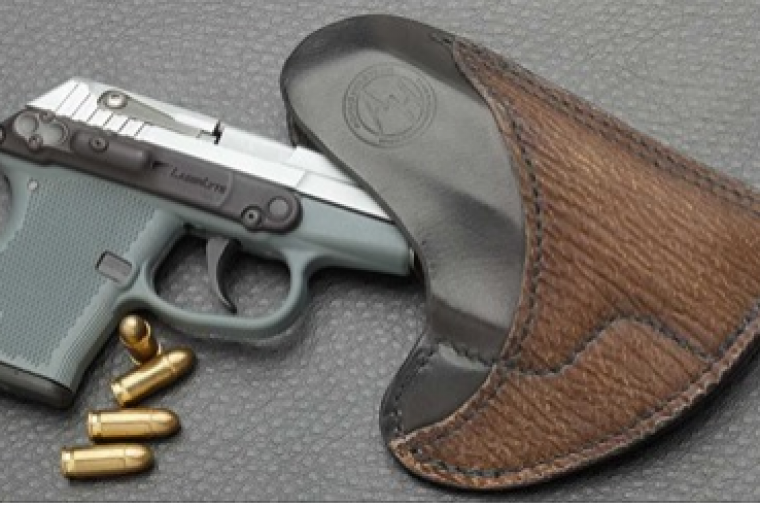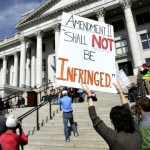May a county in effect bar all new gun stores in its unincorporated areas? (The incorporated areas would be governed by city zoning rules.) This morning’s U.S. Court of Appeals for the 9th Circuit decision in Teixeira v. County of Alameda [Calif.] suggests that the answer is probably “no.” Here’s a rough summary of the reasoning of the majority (written by Judge Diarmuid O’Scannlain and joined by Judge Carlos Bea):
1. The Second Amendment, in protecting a right to have guns for self-defense, also protects the “right to acquire weapons for self-defense.” Both history and logic supports this:
If “the right of the people to keep and bear arms” is to have any force, the people must have a right to acquire the very firearms they are entitled to keep and to bear. Indeed, where a right depends on subsidiary activity, it would make little sense if the right did not extend, at least partly, to such activity as well. The Supreme Court recognized this principle in very different contexts [citing cases involving the right to use contraceptives and the First Amendment].
Though D.C. v. Heller stated that “nothing in our opinion should be taken to cast doubt on … laws imposing conditions and qualifications on the commercial sale of arms,” there is no “categorical exception from Second Amendment scrutiny for the regulation of gun stores. If such were the case, the County could enact a total prohibition on the commercial sale of firearms. There is no question that ‘[s]uch a result would be untenable under Heller.’” “Conditions and qualifications” do not include broad prohibitions.
by Eugene Volokh



